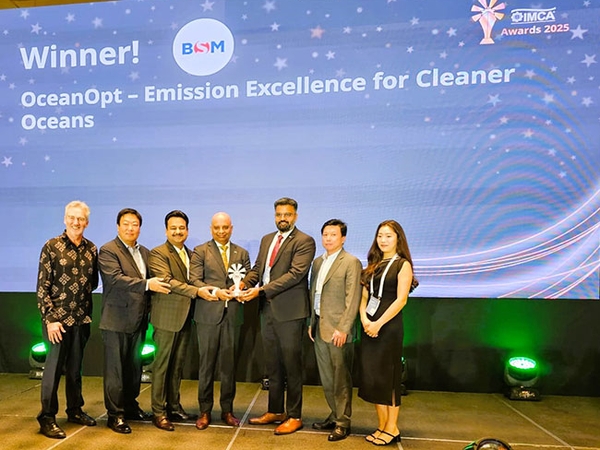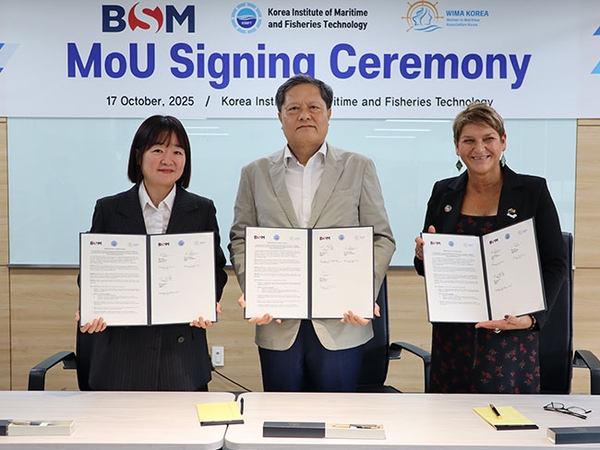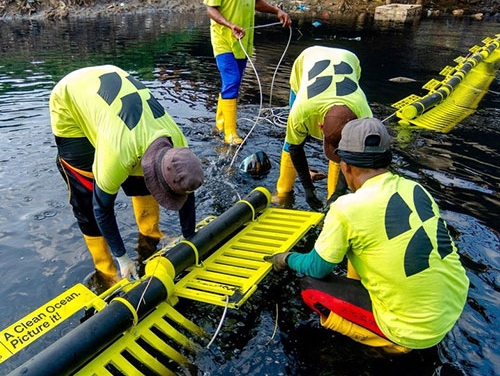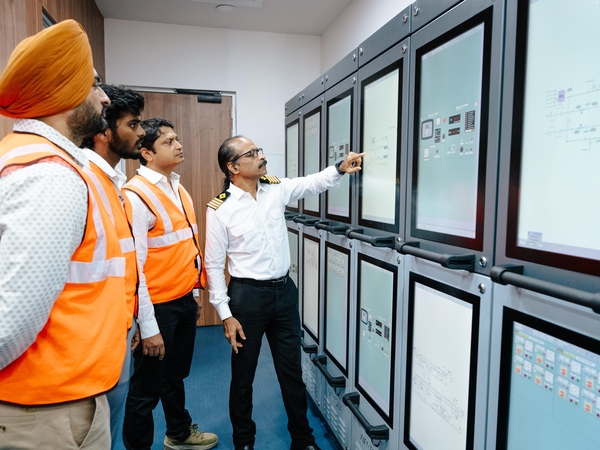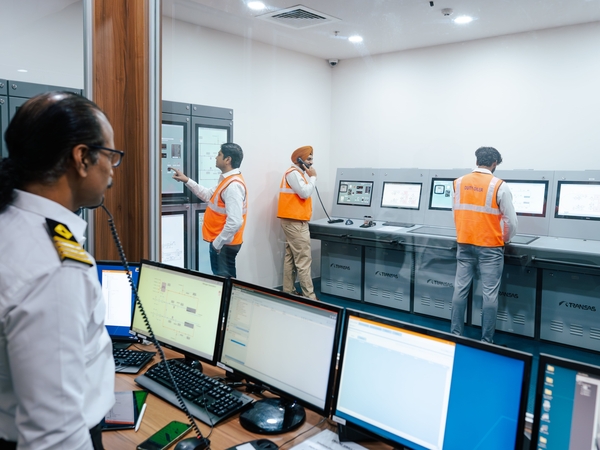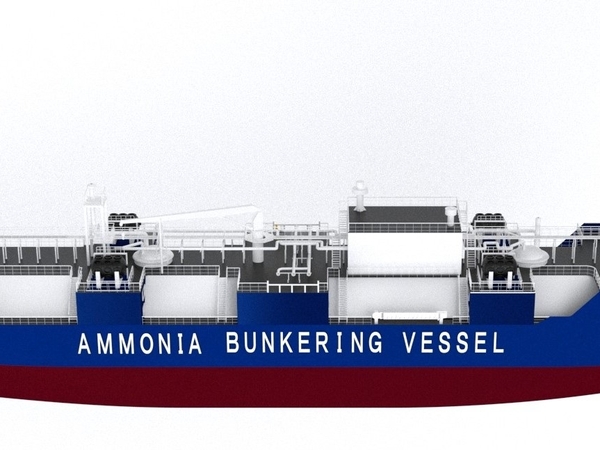From 01 September 2023, all ships of 81,000 DWT or more calling Port Hedland, must provide bridge wing shelters. These shelters must meet the requirements of the Local Marine Notice 07/23 (P) for the protection of Pilots and the bridge team.
It is recommended that ships of less than 81,000 DWT also comply with the requirements of this notice.
The bridge wing shelter to be made of suitable material to provide shade from the sun and have the following minimum dimensions:
- Extend at least 1.52m inboard from the outer edge of the bridge wing
- The fore-and-aft dimension is to at least extend from the forward part of the bridge wing to the aft part of the bridge wing
- The height of the bridge wing shelter from deck level must be at least 2.45 m. On ships that have a raised deck, grating or platform at the edge of the bridge wing, the bridge wing shelter must be raised accordingly
These shelters can be portable or removable if required and must withstand strong winds encountered in Port Hedland. The bridge wing shelter must prevent spilling water inside the frame of the shelter during rain.
Shelters complying with the requirements of Panama Canal Authority OP Notice to Shipping N-1-2022, are acceptable for the purpose of this Local Marine Notice.
After 01 September 2023, ships without bridge wing shelters may be restricted to berthing and unberthing only during the night time.
The design of the bridge wing shelter must allow unrestricted visibility from the bridge wing. Consider social distancing requirements that may be applicable when deciding the size of the bridge wing shelter.

